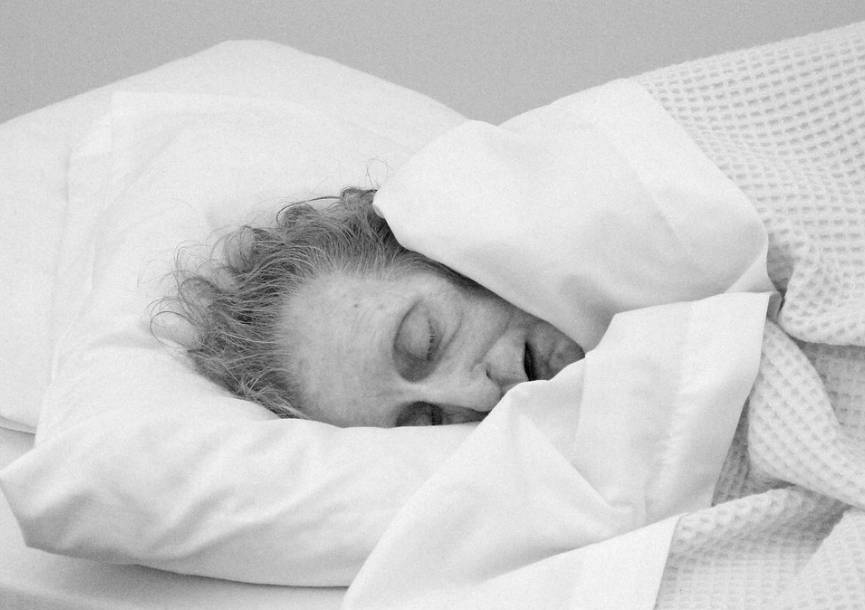Guest article provided by: emotionalpetsupport.com
Introduction
Quality sleep is an essential component of maintaining good mental health, particularly for older adults. As we age, our sleep patterns tend to change, making it crucial to understand the significance of sleep for mental well-being. In this article, we will explore the impact of sleep on the mental health of older people and discuss the reasons why prioritizing sleep is vital. By shedding light on the benefits of quality sleep and providing practical tips for improving sleep habits, we hope to empower older individuals to optimize their sleep and enhance their overall mental well-being.
Section 1: The Link Between Sleep and Mental Health
Sleep and mental health are deeply interconnected, and insufficient or poor-quality sleep can significantly impact one’s emotional and cognitive well-being. In older adults, lack of sleep has been associated with an increased risk of depression, anxiety, cognitive decline, and other mental health issues. Adequate sleep plays a vital role in regulating emotions, maintaining cognitive function, and fostering overall mental resilience.
Section 2: Understanding Age-Related Sleep Changes
To fully grasp the importance of sleep for older adults, it is crucial to understand the age-related sleep changes that occur. As individuals age, they may experience alterations in their sleep architecture, including lighter and more fragmented sleep, reduced deep sleep, and a higher likelihood of waking up during the night. These changes can contribute to difficulties falling asleep, staying asleep, and feeling rested upon waking. Understanding these age-related sleep changes can help older adults recognize the importance of adapting their sleep routines to ensure better sleep quality.

Section 3: The Benefits of Quality Sleep for Older Adults
a) Cognitive Function: Quality sleep is vital for cognitive function, memory consolidation, and learning. Adequate sleep promotes better concentration, attention, and problem-solving abilities, which are essential for older adults to maintain their mental acuity and independence.
b) Emotional Well-being: Sleep plays a crucial role in emotional regulation. Sufficient sleep helps stabilize mood, reduce irritability, and enhance emotional resilience. Inadequate sleep, on the other hand, can lead to increased irritability, heightened emotional reactivity, and a higher risk of developing depressive symptoms.
c) Physical Health: Good sleep is closely linked to physical health, and poor sleep can contribute to chronic conditions such as cardiovascular disease, diabetes, and obesity. By prioritizing sleep, older adults can help protect their overall health and well-being.
Section 4: Tips for Improving Sleep Habits in Older Adults
a) Establish a Routine: Set a regular sleep schedule, going to bed and waking up at the same time each day, even on weekends. This helps regulate the body’s internal clock and improves sleep quality.
b) Create a Sleep-friendly Environment: Ensure the sleep environment is comfortable, quiet, and cool. Use blackout curtains, earplugs, or white noise machines if necessary. Invest in a supportive mattress and pillows, like the pillows from Spoonflower, that promote good sleep posture.
c) Practice Relaxation Techniques: Engage in relaxing activities before bedtime, such as reading a book, taking a warm bath, or practicing deep breathing exercises. These techniques can help calm the mind and prepare the body for sleep.
d) Limit Stimulants and Electronics: Avoid consuming caffeine or alcohol close to bedtime, as they can disrupt sleep. Additionally, reduce exposure to electronic devices with bright screens, such as smartphones and tablets, before bed, as they can interfere with the body’s natural sleep-wake cycle.
e) Engage in Regular Physical Activity: Regular exercise during the day can promote better sleep at night. Engage in activities that suit your physical abilities and preferences, such as walking, swimming, or yoga.
Conclusion
Prioritizing quality sleep is crucial for maintaining good mental health and overall well-being in older adults. Pets can also aid in the mental well-being of older people, Emotional Pet Support can help connect people to mental health professionals if they’re struggling to live with their pet in residential areas. By understanding the link between sleep and mental health, recognizing age-related sleep changes, and implementing strategies for better sleep habits, older individuals can enhance their mental resilience, cognitive function, and emotional well-being. By taking proactive steps to optimize their sleep, older adults can enjoy the benefits of improved mental health, enabling them to lead fulfilling and active lives.
Image Source: Flickr

